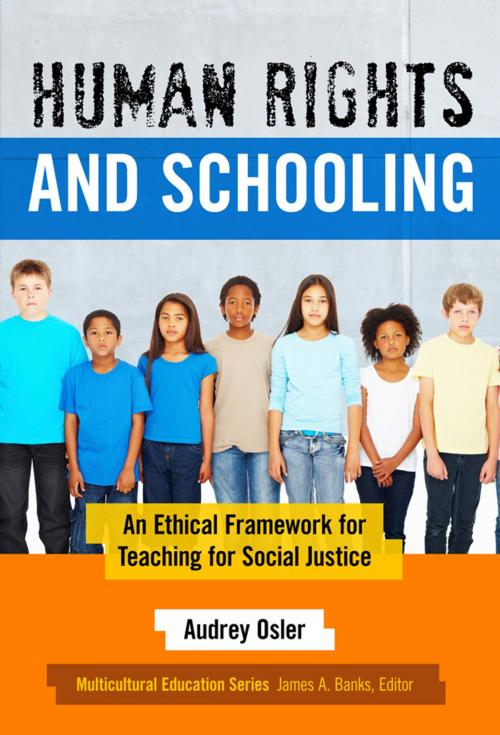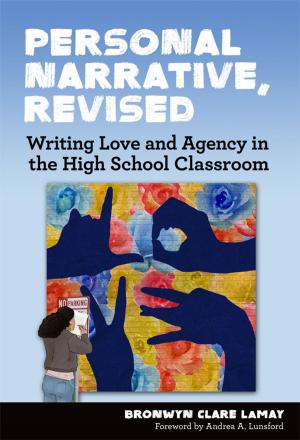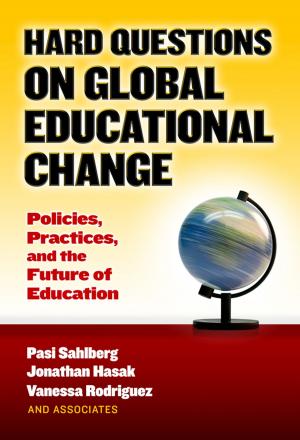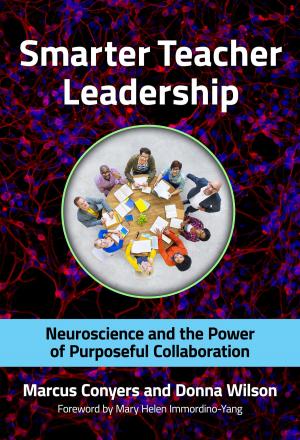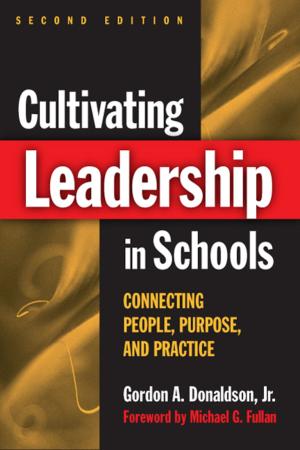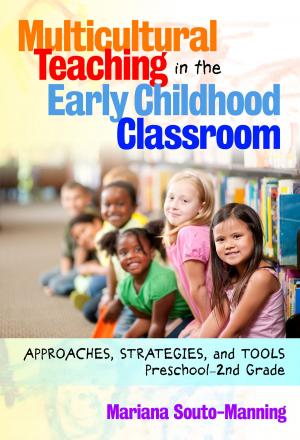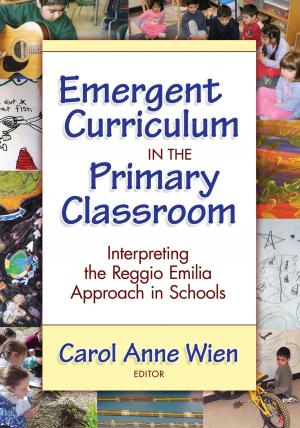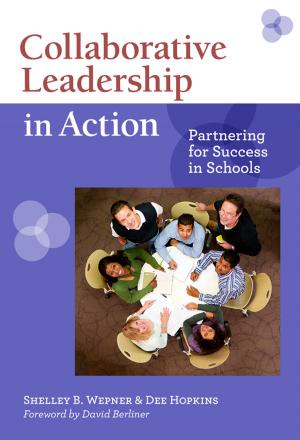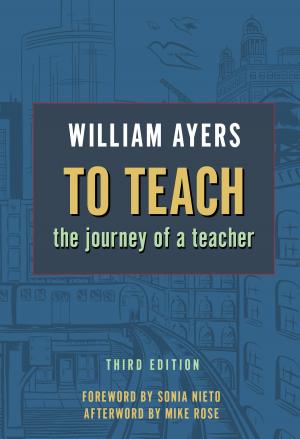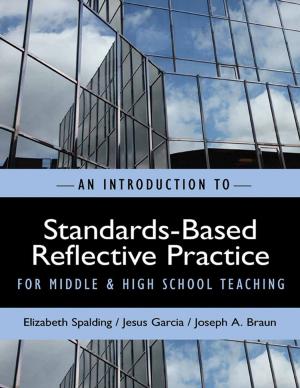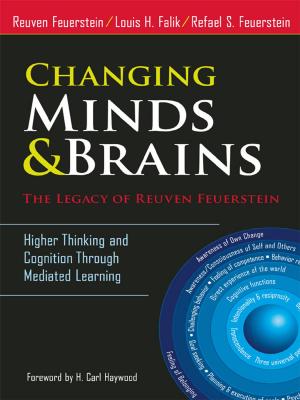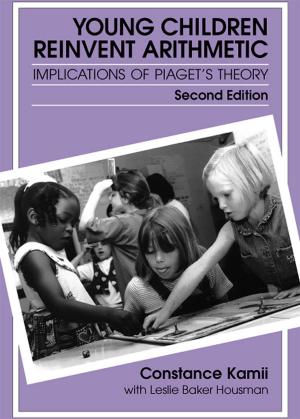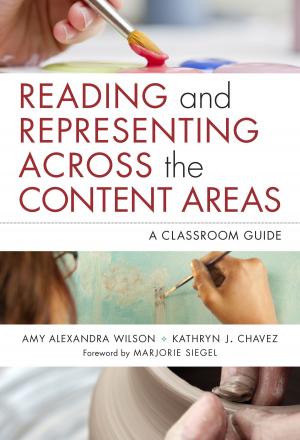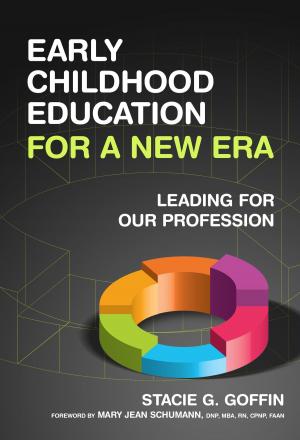Human Rights and Schooling
An Ethical Framework for Teaching for Social Justice
Nonfiction, Reference & Language, Education & Teaching, Educational Theory, Multicultural Education, Teaching, Teaching Methods| Author: | Audrey Osler | ISBN: | 9780807773925 |
| Publisher: | Teachers College Press | Publication: | December 15, 2009 |
| Imprint: | Language: | English |
| Author: | Audrey Osler |
| ISBN: | 9780807773925 |
| Publisher: | Teachers College Press |
| Publication: | December 15, 2009 |
| Imprint: | |
| Language: | English |
Most of the struggles for equitable schooling, including multicultural curricula and culturally responsive teaching, have largely taken place on a local or national stage, with little awareness of how international human rights standards might support these struggles. Human Rights and Schooling explores the potential of human rights frameworks to support grassroots struggles for justice and examines the impact that human rights and child rights education can make in the lives of students, including the most marginalized. The author, Audrey Osler, examines the theory, research, and practice linking human rights to education in order to broaden the concept of citizenship and social studies education. Bringing scholarship and practice together, the text uses concrete examples to illustrate the links between principles and ideals and actual efforts to realize social justice in and through education. Osler anchors her examination of human rights in the U.N Convention on the Rights of the Child, as well as the U.N. Declaration on Human Rights Education and Training.
“Audrey Osler offers timely and relevant insights into education for human rights and social justice. The book examines complex global realities and the power of narrative to create a grounded and critical cosmopolitanism.”
—Monisha Bajaj, associate professor, International and Multicultural Education, University of San Francisco
“Educators specializing in social studies/civic education, multicultural, comparative, and/or social justice education will find Audrey Osler’s Human Rights and Schooling a fascinating read. It is filled with practical strategies for teaching about, in, and for human rights. In her wide-ranging discussion of concepts such as cosmopolitan citizenship, intersectionality and identity, and narrative, Osler draws on examples from across the globe to show how educators can foster solidarity with human rights struggles near and far as they empower youth to take action for social justice at home and abroad.”
—Carole L. Hahn, Charles Howard Candler Professor of Educational Studies, Emory University
Most of the struggles for equitable schooling, including multicultural curricula and culturally responsive teaching, have largely taken place on a local or national stage, with little awareness of how international human rights standards might support these struggles. Human Rights and Schooling explores the potential of human rights frameworks to support grassroots struggles for justice and examines the impact that human rights and child rights education can make in the lives of students, including the most marginalized. The author, Audrey Osler, examines the theory, research, and practice linking human rights to education in order to broaden the concept of citizenship and social studies education. Bringing scholarship and practice together, the text uses concrete examples to illustrate the links between principles and ideals and actual efforts to realize social justice in and through education. Osler anchors her examination of human rights in the U.N Convention on the Rights of the Child, as well as the U.N. Declaration on Human Rights Education and Training.
“Audrey Osler offers timely and relevant insights into education for human rights and social justice. The book examines complex global realities and the power of narrative to create a grounded and critical cosmopolitanism.”
—Monisha Bajaj, associate professor, International and Multicultural Education, University of San Francisco
“Educators specializing in social studies/civic education, multicultural, comparative, and/or social justice education will find Audrey Osler’s Human Rights and Schooling a fascinating read. It is filled with practical strategies for teaching about, in, and for human rights. In her wide-ranging discussion of concepts such as cosmopolitan citizenship, intersectionality and identity, and narrative, Osler draws on examples from across the globe to show how educators can foster solidarity with human rights struggles near and far as they empower youth to take action for social justice at home and abroad.”
—Carole L. Hahn, Charles Howard Candler Professor of Educational Studies, Emory University
